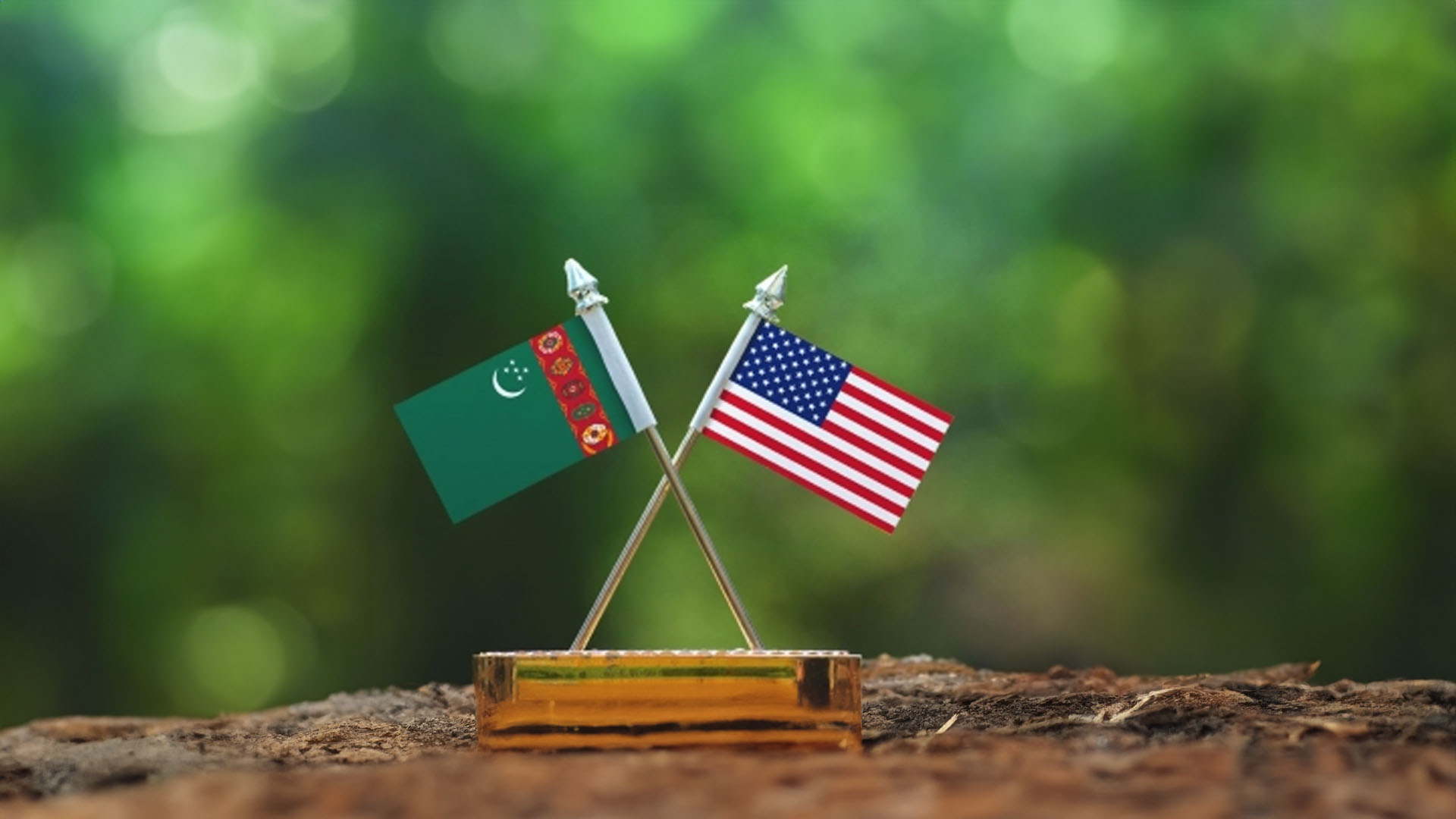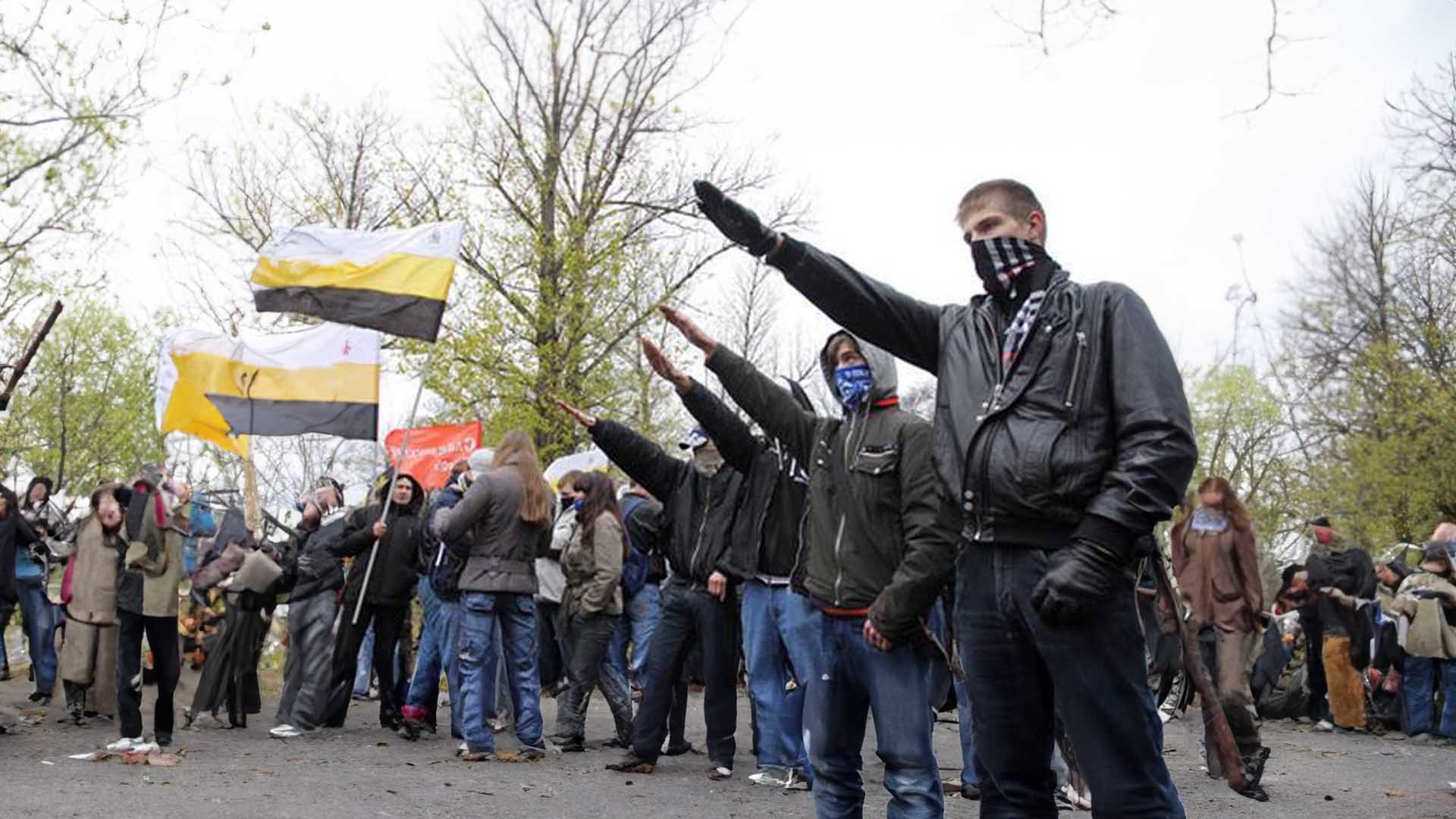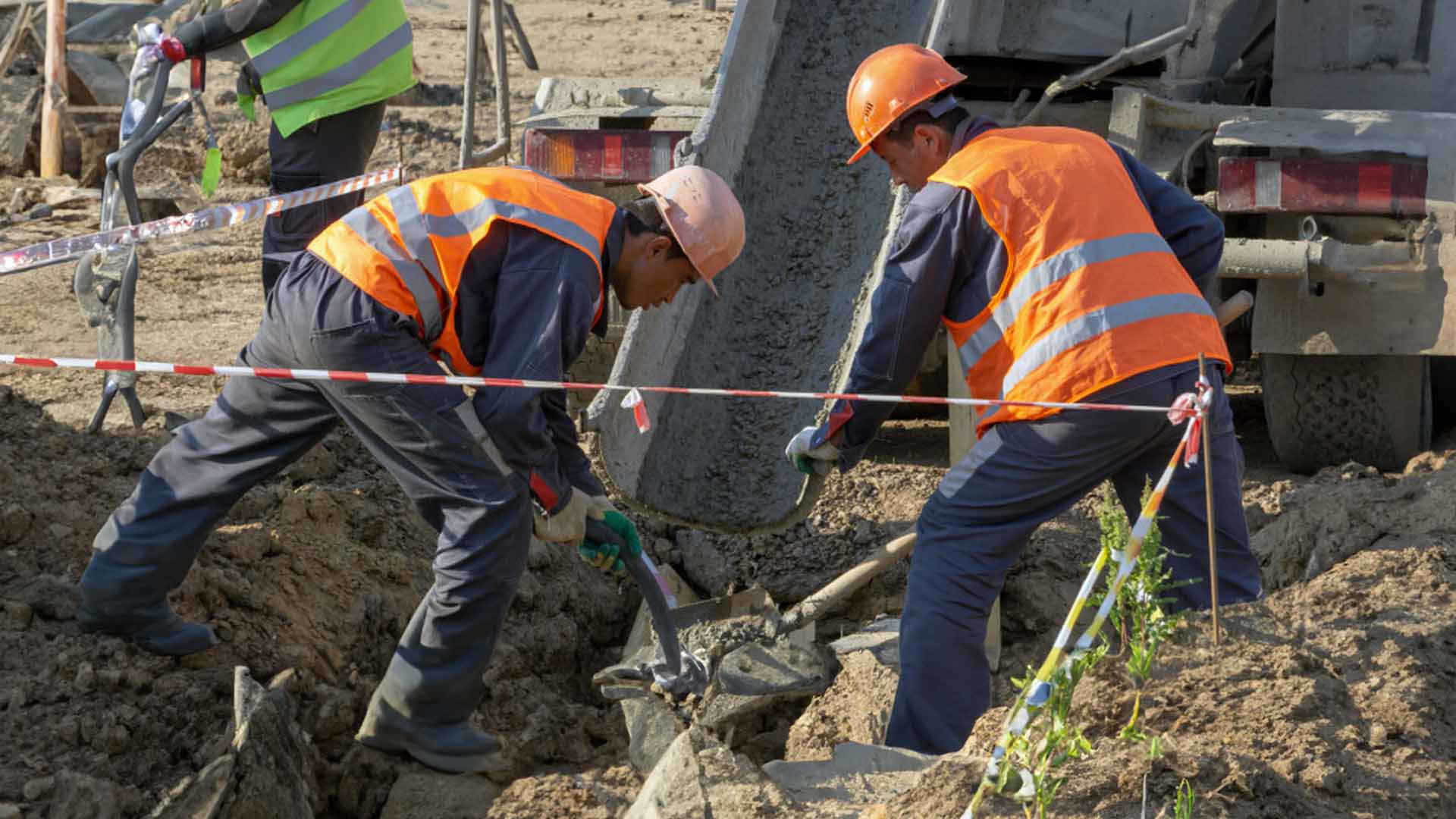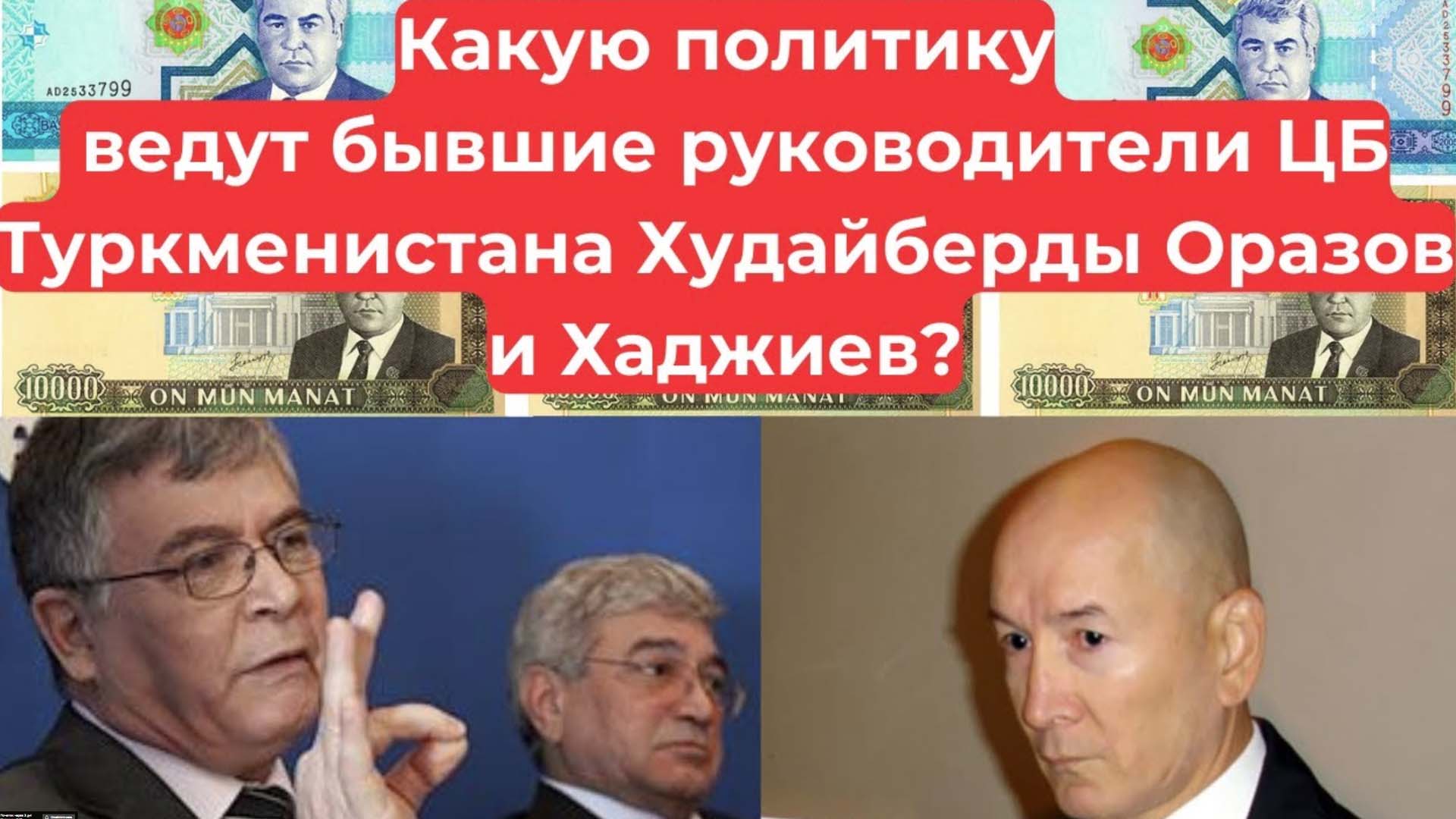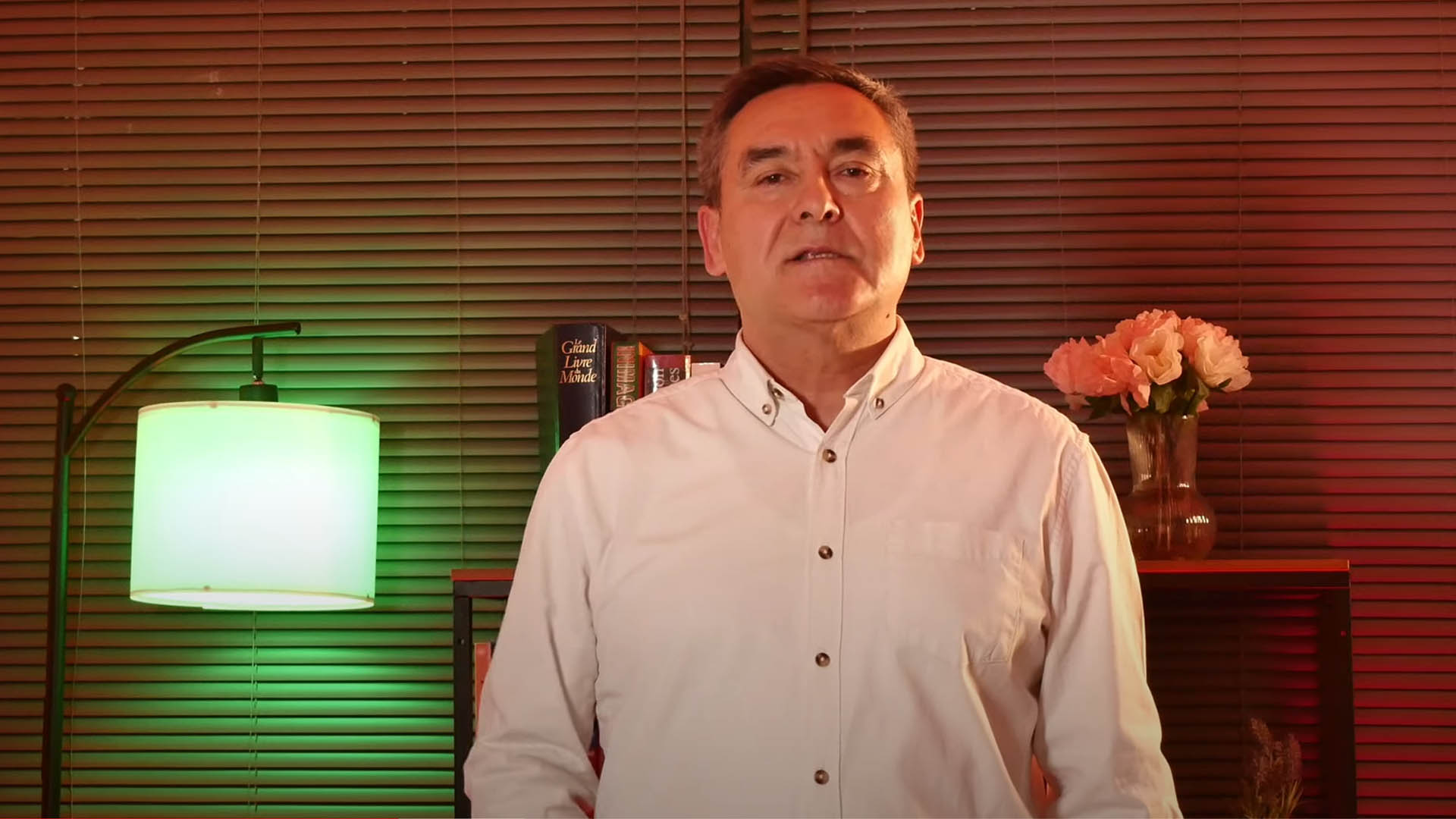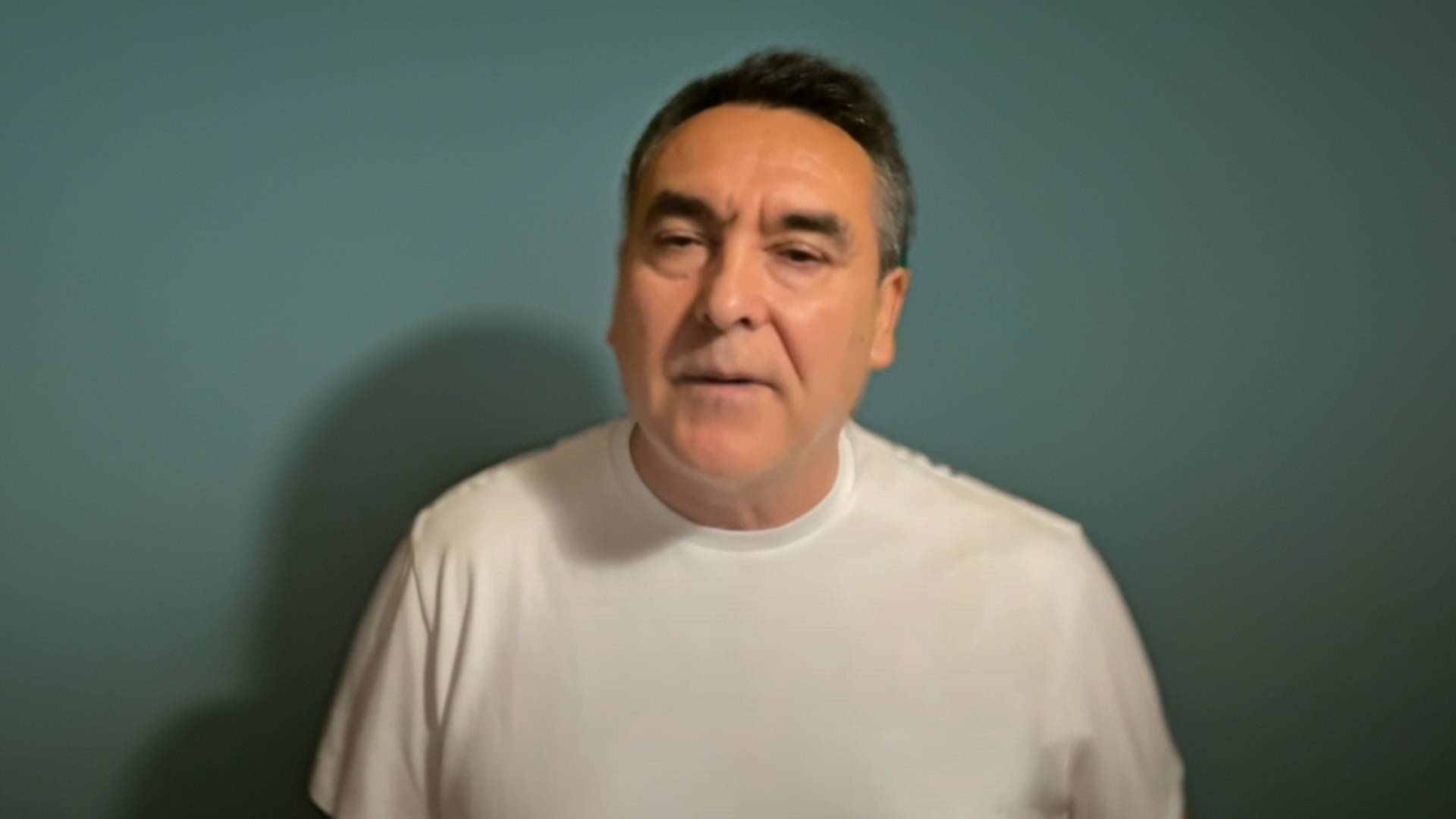On 6 November 2023, a delegation of Turkmenistan headed by the country’s Deputy Foreign Minister Vepa Hajiyev made a report at the session of the UN Universal Periodic Review Working Group in Geneva.
The video broadcast can be seen on the official UN website.
Among the issues discussed at the session were human rights in Turkmenistan, including freedom of speech and freedom of media, as well as gender equality and freedom of movement. The deputy foreign minister announced that “significant changes and progress in the fulfillment of the undertaken commitments” on human rights had been achieved. However, the statement raised some questions among representatives of Western countries, as well as Turkmenistan residents and opposition activists. After all, over the past 6 months, no changes have been made in Turkmenistan in the direction of improving the observance of human rights. On the contrary, the human rights situation has noticeably deteriorated.
For example, on 19 May 2023, blogger Farhat Meimankuliev was kidnapped from the territory of Turkey by national security officers with the participation of the Istanbul police. He was denied access to a lawyer, and no legal assistance was provided to the blogger. According to Murad Kurbanov, leader of the People’s Movement “Democratic Choice of Turkmenistan”, no answers were received to repeated appeals to the General Prosecutor’s Office and the Ministry of Internal Affairs of Turkey. The blogger’s fate is unknown to this day.
“Naturally, it is obvious to everyone that blogger Farhat Meimankuliev in his speeches exposed corrupt officials of Turkmenistan. In his speeches, he never raised issues related to Turkey. Therefore, the only interested party in the capture and kidnapping of opposition blogger Farhat Meimankuliev is the regime in Turkmenistan,” said Murad Kurbanov, leader of the “DVT”.
According to information from activists in Turkey, about 60 agents of Turkmenistan’s national security arrived in Istanbul to carry out operational work. With the permission of the Turkish authorities, they freely interrogated Turkmen citizens in deportation camps in Turkey. Over the past few months, they have been able to deport more than 10,000 illegal immigrants from Turkmenistan to Turkmenistan. Among those deported were activists.
“The massacre of civil activists deported from Turkey continues in Turkmenistan. No information about their fate can be obtained. Therefore, the assurances of the Deputy Foreign Minister about the improvement of the human rights situation in Turkmenistan should be understood exactly the opposite,” Murad Kurbanov added.
Representatives of more than 80 countries participating in the meeting voiced their positions on the human rights situation in Turkmenistan and presented some proposals. Members of the European Union, the United States, Canada, and Britain expressed objective and justified concern about human rights violations in Turkmenistan. Britain was pleased that an International Labour Organisation mission had been allowed to visit Turkmenistan to assess the situation of forced labor in the cotton picking sector. However, the Kingdom is concerned about enforced disappearances and restrictions on public access to information, including the organization of assemblies. Turkmenistan has not implemented recommendations to improve the human rights situation and has been slow to enshrine in law the prohibition of forced labor and to remove restrictions.
The U.S. called on the Government of Turkmenistan to give the population greater access to information by removing obstacles to independent media and the public. It also recommended allowing independent observers to visit penitentiary institutions, relatives, and lawyers of victims of enforced disappearances, and ending restrictions on the movement of the population based on residence registration.
France noted that the 2022 presidential elections in Turkmenistan were held without any signs of democracy and called for citizens to have access to the Internet without censorship. At the same time, France recommended that Turkmenistan accede to the International Convention against Enforced Disappearance and the Optional Protocol against Torture.
Germany emphasized the poor conditions in Turkmenistan’s penitentiary institutions and the lack of freedom in the country. The representative of Canada also raised the issue of food security in the country.
The only ones who were satisfied with the “achievements” in improving the human rights situation were representatives of authoritarian regimes: Russia, Iran, and China. They all expressed gratitude to Turkmenistan for its “efforts” to protect and support human rights, national health care plans, and the provision of clean drinking water. But we should not forget that the ideology of authoritarian regimes is based on complete restriction, intimidation, and dictatorship… Russia, Iran, China, and even Venezuela, according to the report of the American non-governmental organization Freedom House, have been recognized as authoritarian countries since 2009, using their wealth and influence to undermine global democracy and the rule of law. And the current events, in which Russia, after the unleashed war against Ukraine, united with the countries of the Global South, are just a confirmation of ideological similarity in all strategies and interests.


